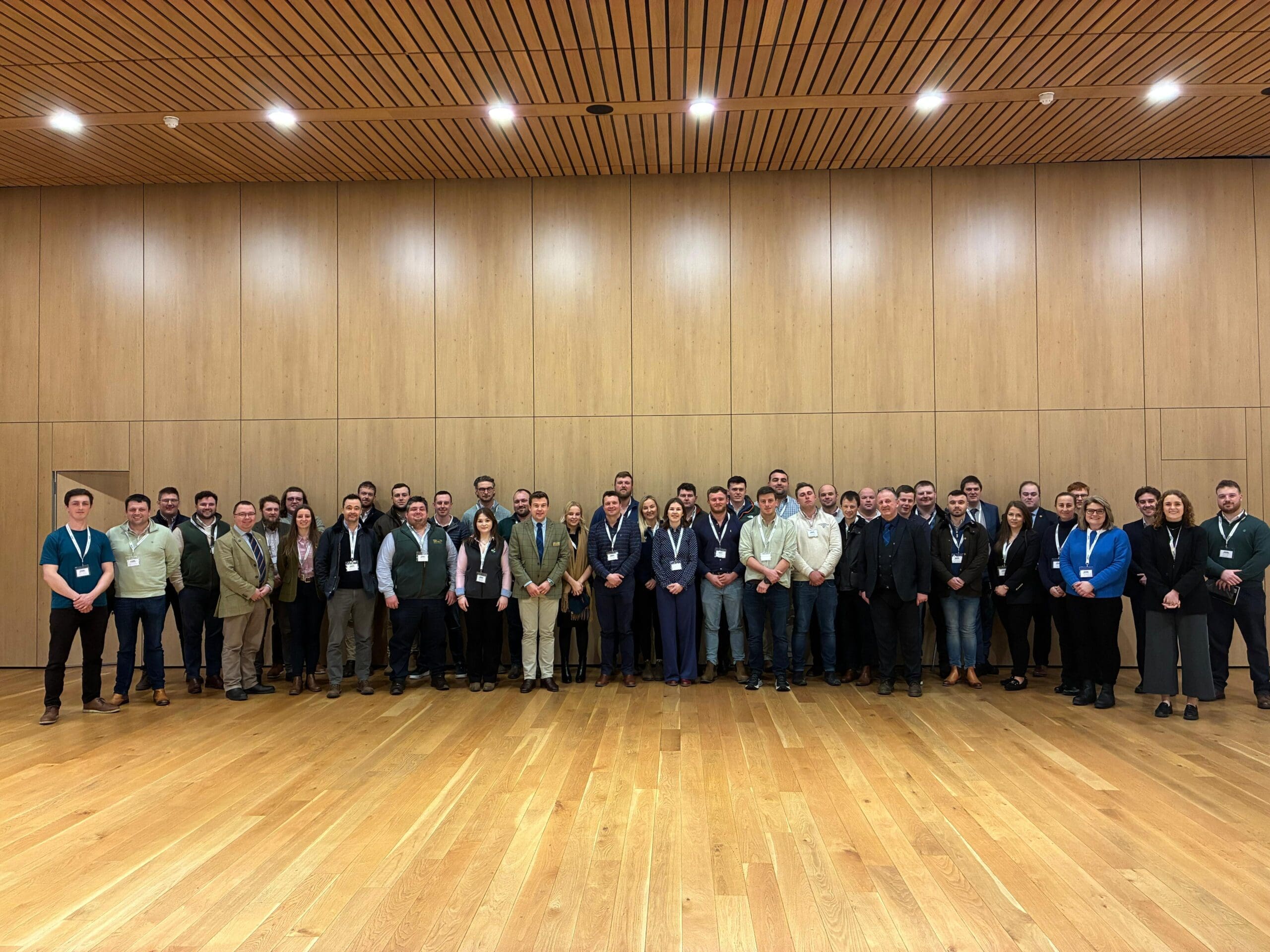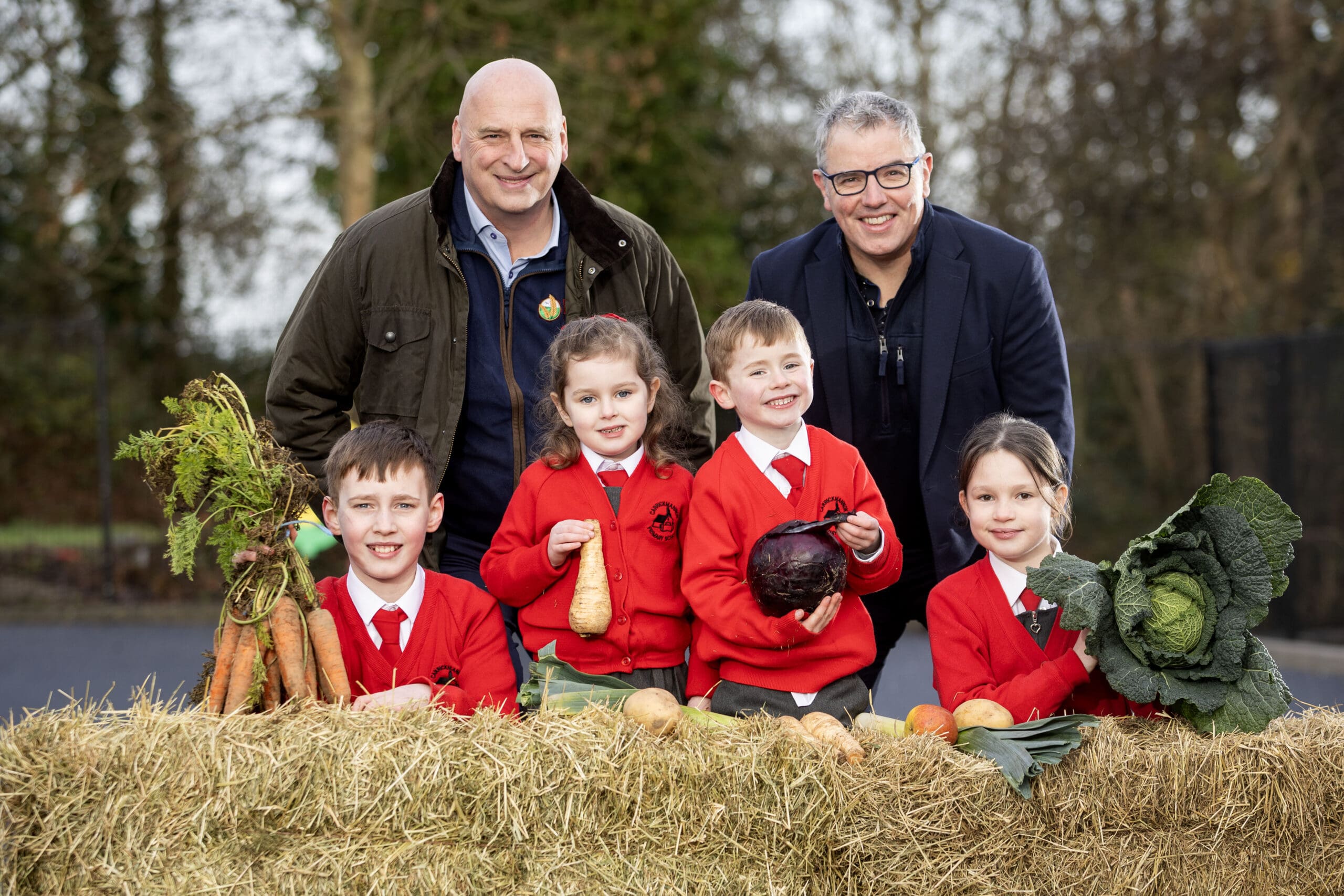
Foot-and-mouth disease outbreak in Germany
On Friday 10 January it was announced that an outbreak of foot-and-mouth disease, Serotype 0, had been confirmed in a herd of water buffalo in Märkisch-Oderland (Brandenburg). The last cases in Germany occurred in 1988. Three water buffalo out of a herd of 14 were infected and died, and the remaining animals in the herd have been culled to prevent further spread, together with 200 pigs on a nearby farm as a precaution. A 3km exclusion zone and a 10km surveillance zone have been put in place; no animals or their products can be taken out of this area. An investigation is underway to determine the source of infection. Agriculture Minister, Cem Özdemir, is set to meet with industry representatives today while the Central Crisis Team for Animal Diseases will meet on Tuesday.
In the meantime, the Netherlands has banned the movement of calves from Dutch veal calf producers until 19 January. LTO (Dutch farmers union) have informed us that 136 farms had imported calves from Brandenberg since 1 December 2024. The Dutch order prohibits the movement of animals from these farms other than for slaughter under licence.
This is a live issue and we will continue to monitor this situation.
Ellam appointed Second Permanent Secretary, European Union and International Economic Affairs
The Cabinet Secretary has announced the appointment of Michael Ellam as Second Permanent Secretary, European Union and International Economic Affairs in the Cabinet Office. This is a new role, leading official-level discussions with the EU and in international forums such as the G7 and G20 to support the UK’s economic growth and national security. Michael will also manage the EU Relations Secretariat in the Cabinet Office, set up by the Prime Minister in July to deliver the UK’s resetting of relationships with the EU and secure closer links in areas like trade and security.
Mr Ellam will take up the post on 13 January.
Commission proposes regulation to improve farmers’ position in supply chains
On 10 December 2024, the European Commission proposed a regulation to strengthen the position of farmers in the supply chain. The proposal includes a general obligation for written contracts for delivery of all agricultural goods, making mediation mechanisms between farmers and their buyers mandatory, and defining when optional terms like “fair,” “equitable,” and “short supply chains,” can be used.
The proposal responds to challenges faced by farmers including increasing risks, rising input costs, more stringent production requirements and poor incomes leading to widespread farmer protests in 2024
Poland prioritises NGTs during Council Presidency
Poland assumed the Presidency of the Council of the European Union on 1 January 2025. Poland’s Presidency work Programme priorities include ensuring a competitive and resilient agriculture sector, including ensuring that the position of farmers in the supply chain is strengthened, and their income is stable, alongside continuing work on the Vision for Agriculture and Food, expected in February 2025. According to the programme, the Presidency will also continue to work on revision of animal welfare legislation, particularly the welfare during transport dossier.
On NGTs, after previously blocking adoption due to concerns over patents and breeders’ rights, Poland in its Presidency role, will push to secure a qualified majority among member states amending draft rules on plants obtained using new genomic techniques (NGTs),
The Council’s working party on genetic resources and innovation in agriculture will meet on 20 January to discuss Poland’s proposed fixes, which aim to strike a balance between safeguarding patent protections and ensuring breeders’ access to plant material, the proposal includes clearer definitions on what a “category 1 NGT plant” is, and drawing sharp lines between product patents (covering plant traits) and process patents (covering the enabling technologies).




